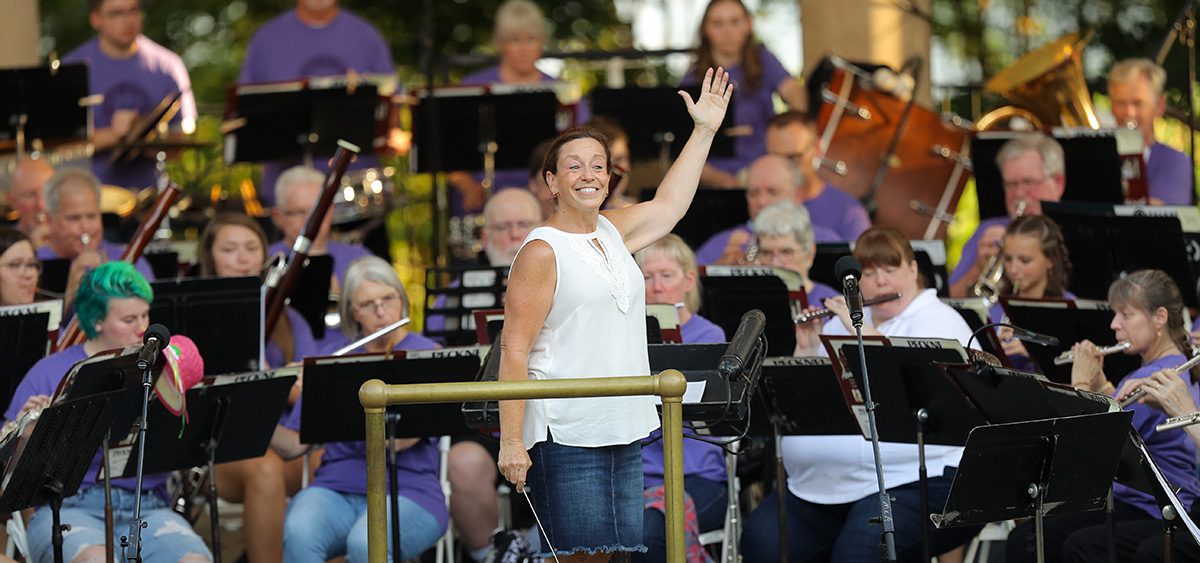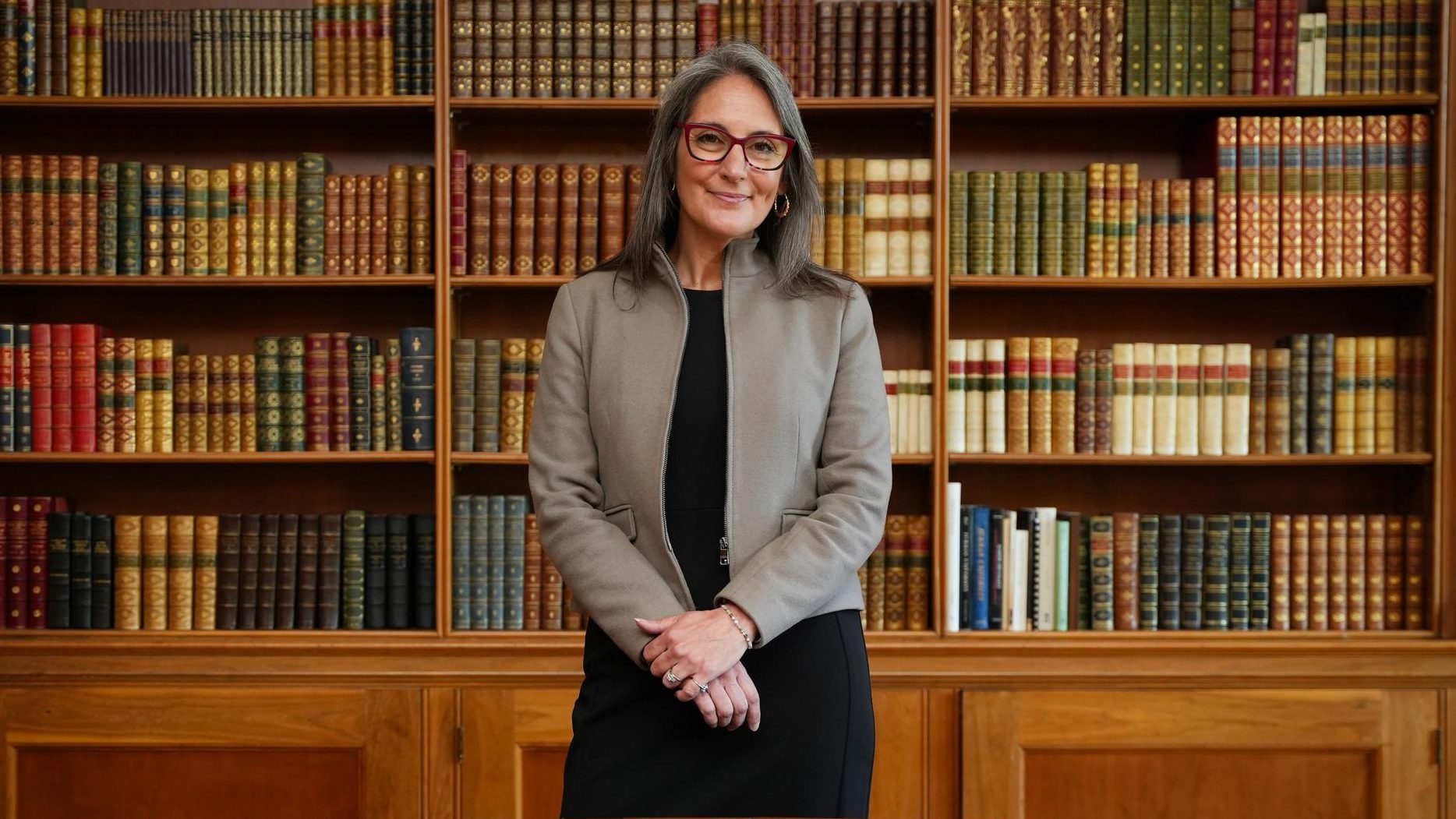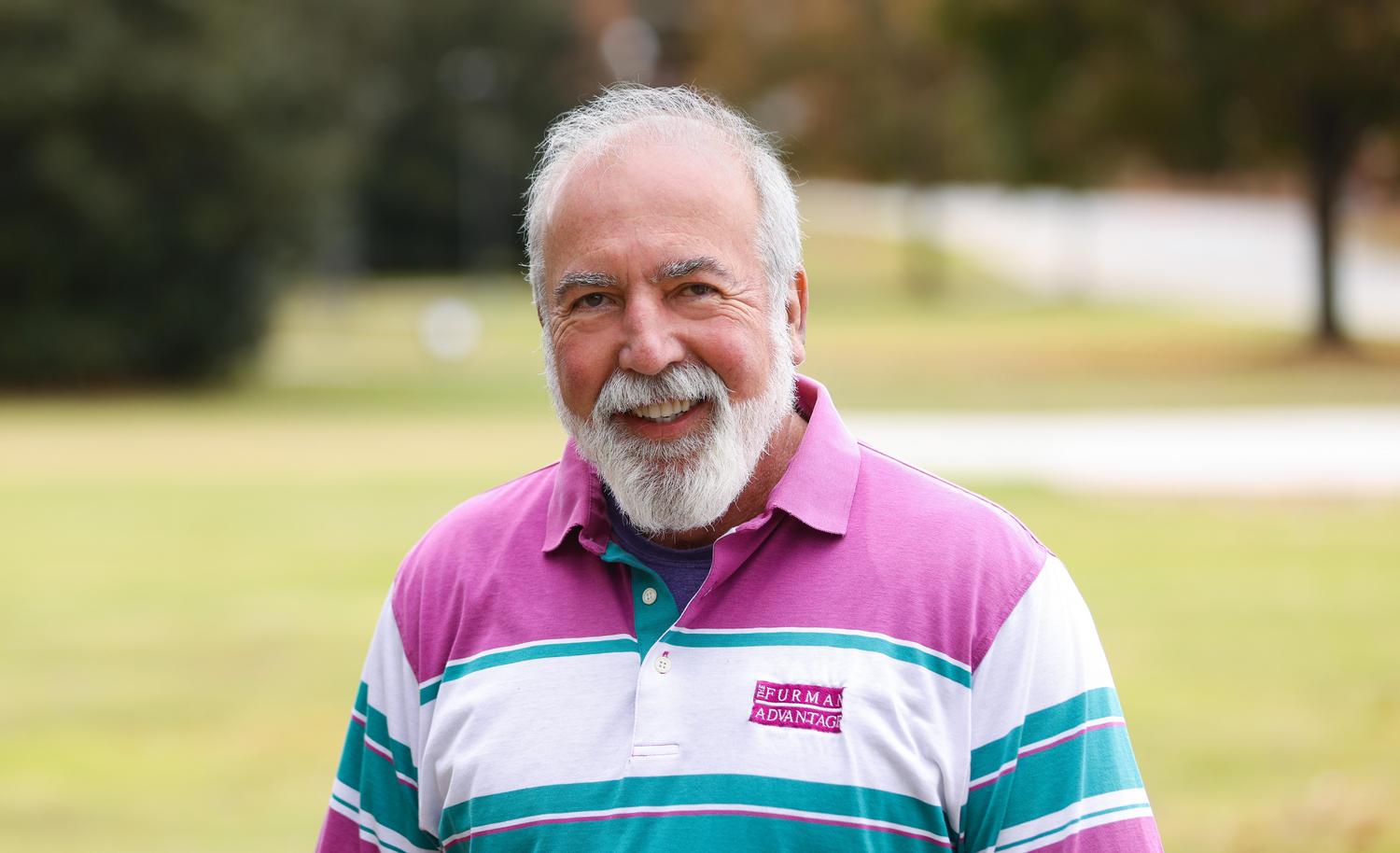Program Overview
Table of Contents
What is a composition degree?
A music composition degree is a course of study that engages students in the creation, analysis, and teaching of music. The degree includes a series of courses designed to develop your overall musicianship and your understanding of the intricacies and beauty that comprise the language of music.
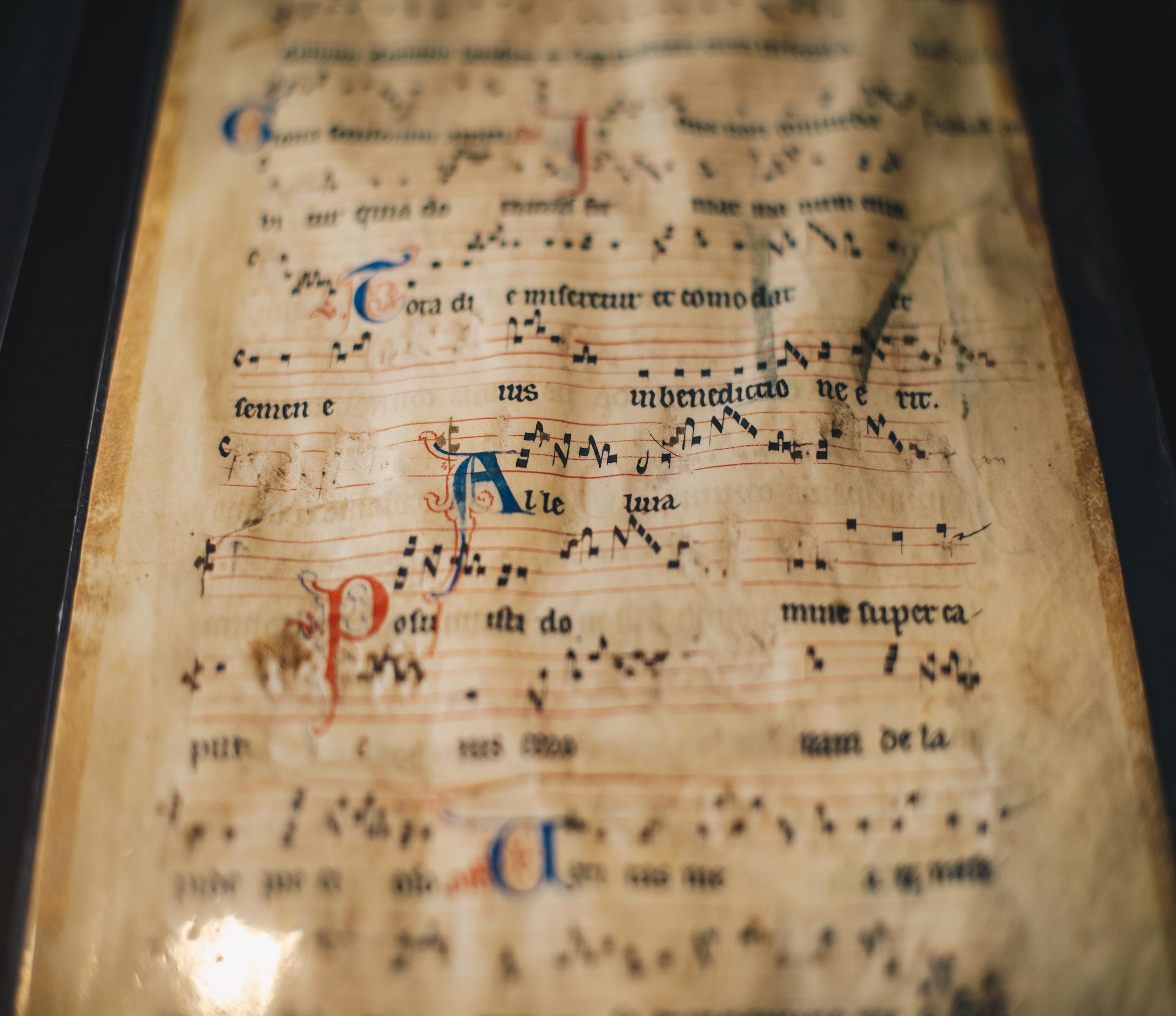
Why study composition at Furman?
Accredited by the National Association of Schools of Music since 1938, the Furman University Department of Music is recognized as one of the highest-rated and most comprehensive among national liberal arts colleges, offering degree programs for passionate performers, composers, theorists and music educators. We attract ambitious musicians from across the globe – those who desire to major in music as well as those who wish to major in another discipline while continuing their music.
Accomplished faculty members fuel creativity among the energetic young composers in our major. Our students get involved as soon as they arrive on campus by enrolling in a composition seminar that challenges them to study works by contemporary composers, write composition exercises, compose original pieces and give concerts. The Department of Music also hosts a number of guest composers each year.
You’ll sharpen your analytical, listening, creative, improvisation, communication, problem-solving, team-building, time management, interpretation and other skills, boosting competencies that are readily transferable no matter the career path you take.
In Furman’s intentionally small studios, faculty are free to mentor, help you advance, assist you in exploring the right repertoire, and are integral to your overall growth as a musician. Plan a visit to Furman’s beautiful campus or start your application today. Learn more about the audition process.
How will you learn?
Furman’s Bachelor of Music in Composition begins with a foundation comprising a series of courses aimed at developing your overall musicianship and your understanding of the nuances of music and beauty that define the parlance of music. Basic musicianship, including written, aural and keyboard components, launches the course sequence in your freshman year. It is part of a series taken by all music majors.
Develop your technique through weekly, one-on-one lessons with master teachers and acclaimed performing artists. Learn a new instrument (or two). Get to know the members of your new Furman music family, who you’ll study with over the next four years.
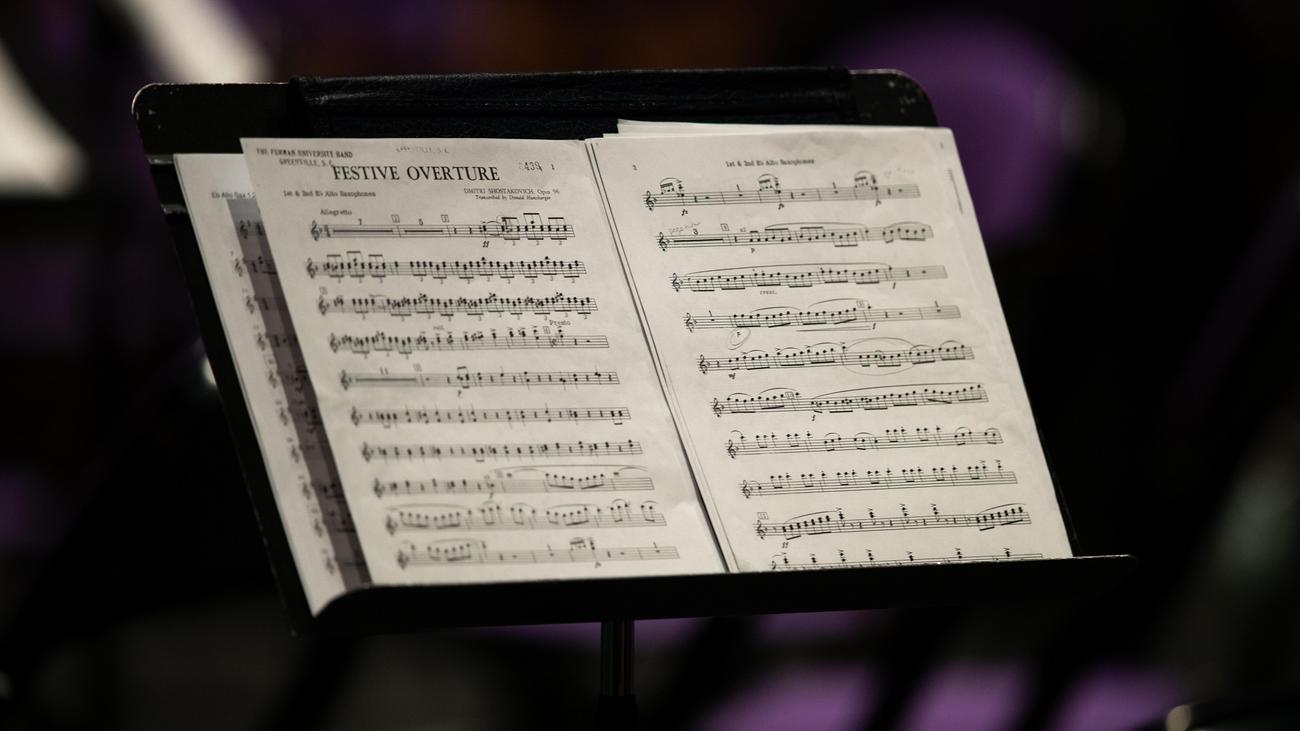
Careers for composition majors
As a composition major, you’ll be primed for the workforce with finely tuned analytical, listening, creative, improvisation, communication, problem-solving, team-building, time management, interpretation and other skills, which set you up for virtually limitless career options. Many of our graduates seek advanced degrees and go on to faculty positions at the finest universities in the country. Our music majors have landed positions such as:

- Business development and marketing manager
- Chief executive
- Composer
- Computer support specialist
- Entertainment and recreation manager
- Financial manager
- General and operations manager
- Historian
- Human resources specialist
- Industrial production manager
- Music, dance and extracurricular instructor
- Music director
- Music teacher, instructor or tutor
- Musician
- Network and computer systems manager
- Operations research analyst
- Producer or director
- Product and marketing specialist
- Public relations and fundraising manager
- Recruiter
- Research assistant
- Sales manager
- Social and human services specialist
- Software developer and software quality assurance analyst
- University music professor
- Worship music assistant
Feature music composition courses
Central to the curriculum across all music majors are weekly one-on-one applied lessons specific to your voice or instrument, a set of core courses and participation in a major ensemble such as the Symphony Orchestra, Furman Band, Furman Singers, Men’s Chorale, Women’s Chorale, or Guitar Ensemble for every semester you are on campus.
-
100%Music majors who participate in any engaged learning experience, from recitals to large ensembles, to study away, internships and research
-
53%Music majors who complete at least one internship
-
28%Music students who double major
What our students say
Our Faculty

Mark Britt
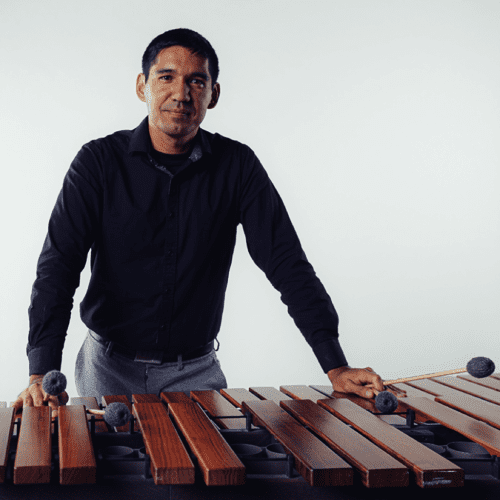
Omar Carmenates
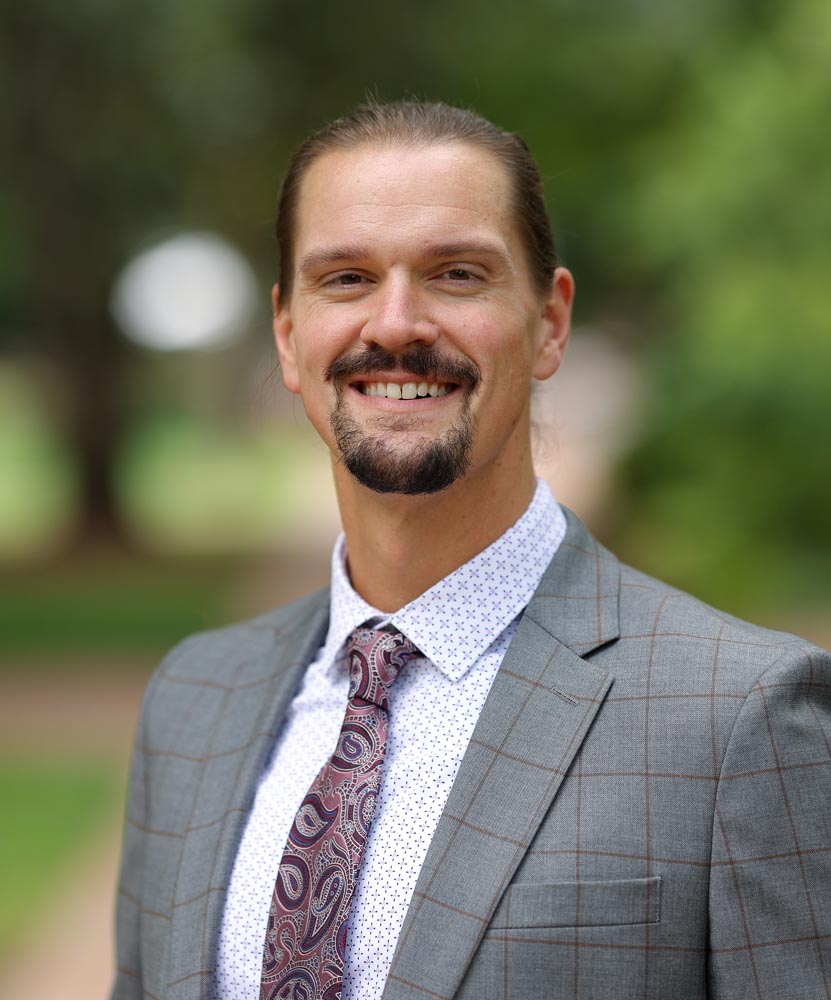
Benjamin Dobbs
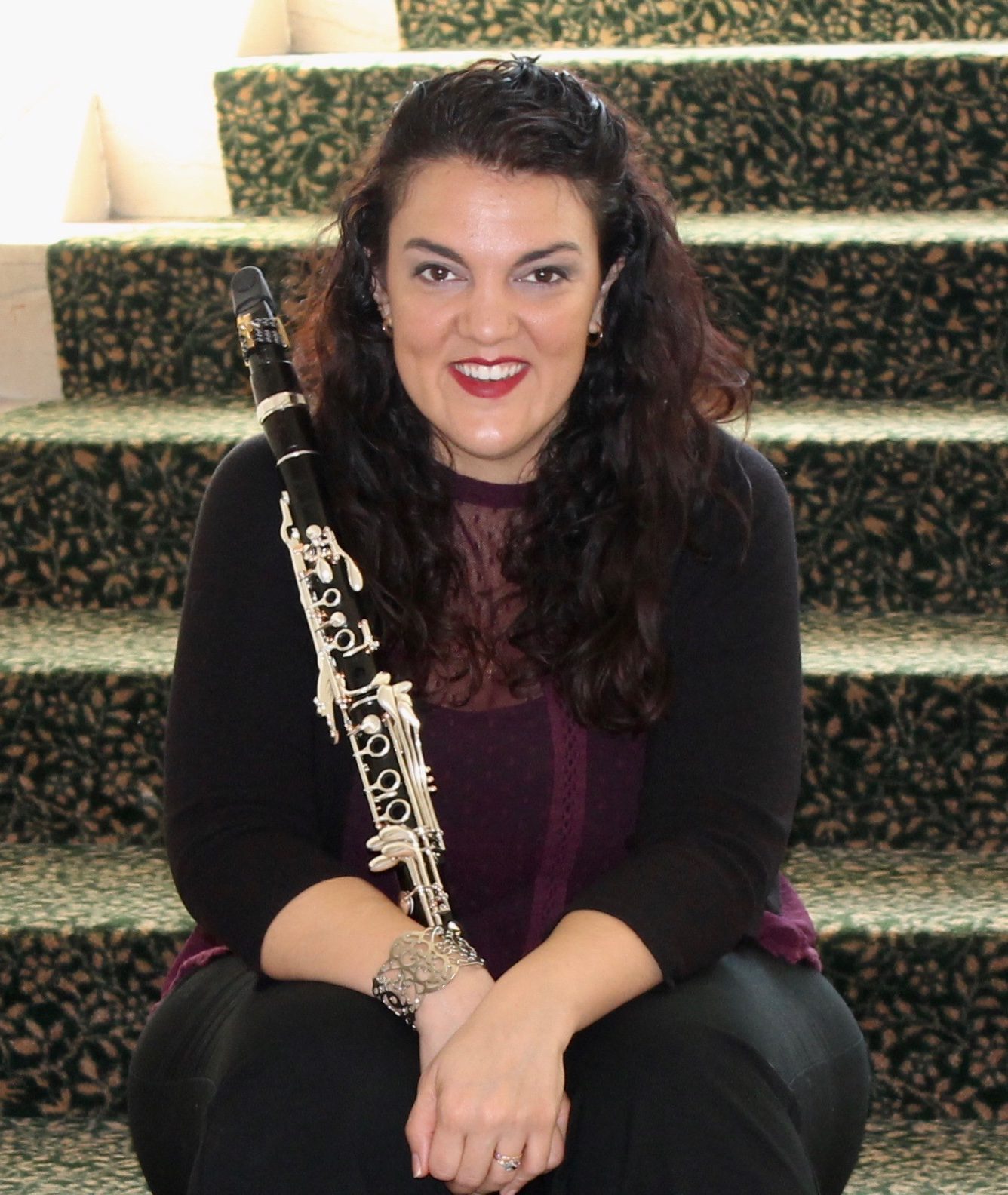
Anastasia Christofakis
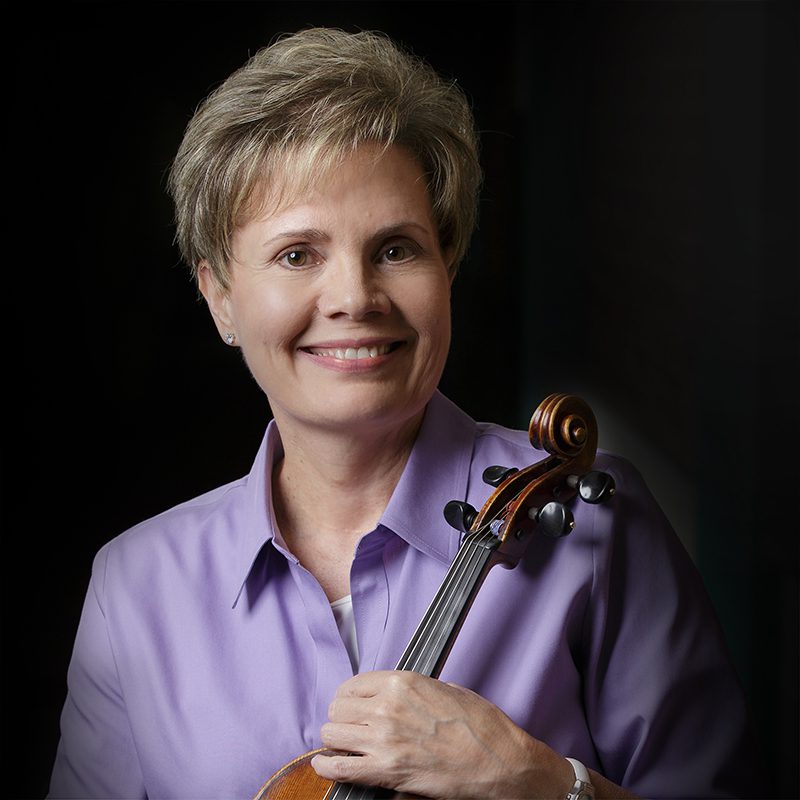
Anna Joiner

Matt Olson
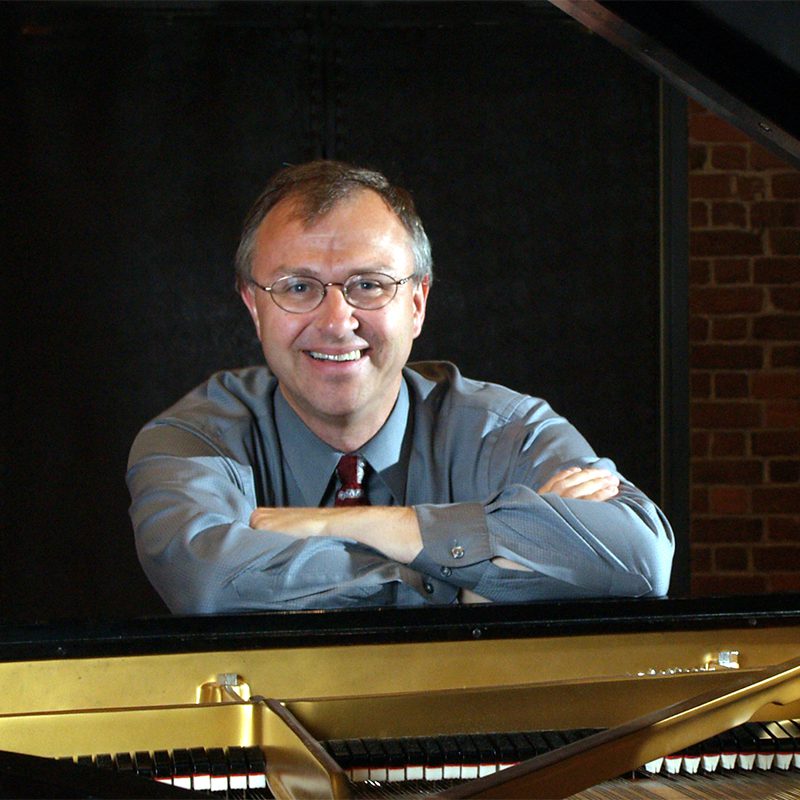
Derek Parsons
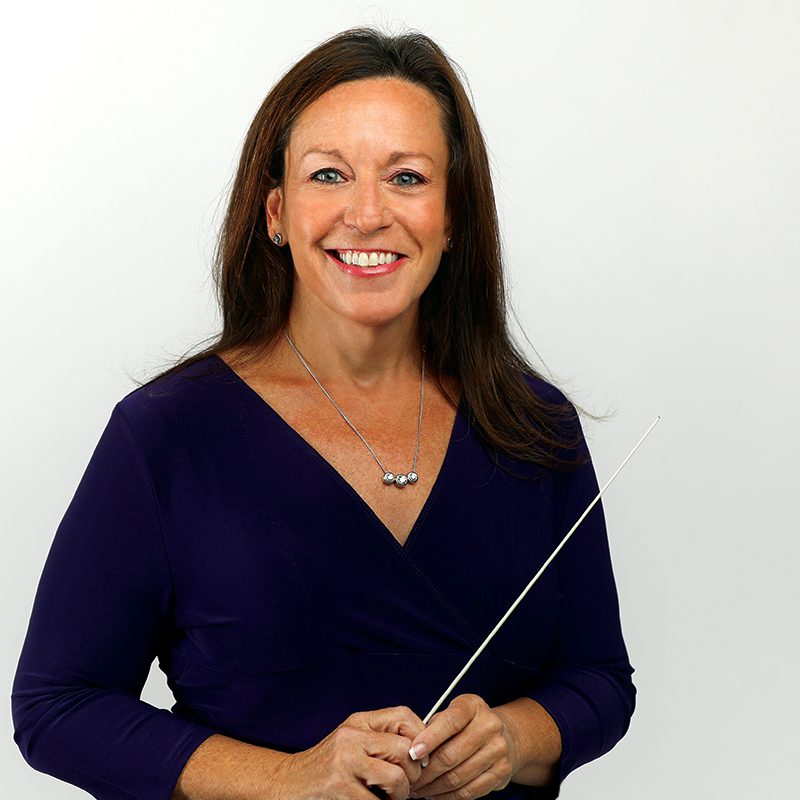
Sue Samuels

Music Composition Major F.A.Q.
An array of skills such as analytical thinking, listening, improvisation, communication, problem-solving, and interpretation position you for diverse career options.
Many of our graduates seek advanced degrees and go on to faculty positions at prestigious universities throughout the country. Outside of the music industry, music majors have entered fields from sales to human resources, and from marketing to fundraising. They pursue careers as business development and marketing managers, chief executives, composers, computer support specialists, entertainment and recreation managers, financial managers, software quality assurance analysts, university music professors and worship music assistants, among many others.
Train a global lens on your passion for music through “Music in Italy.” The semester-long, conservatory-style program began in 2006 with a partnership with the Accademia dell’Arte in Arezzo. Each fall, 10 to 14 students study Italian and music history amid the Tuscan landscape.
On top of the Italian language component offered at the Accademia, you’ll study applied music (voice, instrumental or keyboard) in individual weekly lessons and coaching sessions with Italian music teachers. Furman faculty teach a music history course and an interdisciplinary, experiential course, “Italian Art and Culture,” featuring a series of excursions and lectures revealing the richness of Tuscany’s stunning visual art and architecture.
You’ll collaborate in several “Movement for Musicians” sessions taught by Accademia dell’Arte faculty, which allow you to spend class time together with the Accademia’s theater students. You’ll take part in performances of chamber music and solo recitals both at the Accademia and in local venues. Regular concert attendance in Florence, overnight excursions, along with independent travel opportunities during a week-long fall break give you ample opportunity to experience the cultural life of Western Europe.
If a shorter study away is more your style, sign up for courses such as May Experience (MayX) “Opera Overload.” Students split time between Greenville, South Carolina, and New York City, and explore opera, its history in the United States (with a focus on the Metropolitan Opera as an institution), and various topics related to opera, such as elitism, racism and issues of power and sexuality.
Recitals, concerts, master classes, camps and conferences – with over 260 events typically offered year-round, Furman is a vibrant part of both the Furman and Greenville music scene. Abundant on-stage opportunities for displaying your talent await at Furman. And because we are an exclusively undergraduate program, you are front and center, and need not compete with master’s and doctoral candidates. It bears repeating – Furman is well positioned to expose undergraduate musicians to multiple performances and individualized instruction which prepare you for a life of consequence in the arts world.
All students participate in a least one ensemble each semester during their Furman career. You’ll have the option to showcase your work in recitals and in Furman Engaged, a daylong annual celebration in which students come together to share their research, internships, performances, study away, visual art and more. Underscoring the close-knit relationships that emerge among professors and students, one of our jazz students has recently recorded an album with a faculty member, and has learned firsthand what it takes to perform on, co-produce and bring a project to market.
A large percentage of the Furman student body participates in music. Unique for a school of 2,600 undergraduates, we seat a full all-undergrad symphony orchestra, chamber strings, a jazz ensemble and multiple jazz combos, three choirs, a symphonic concert band, a marching band, a paid pep band, fully staged lyric theater with pit orchestra, and multiple pipe organs.
The average base salary for graduates with a bachelor’s in music composition is $50,000 annually, according to Payscale.com.
The Bachelor of Music in composition at Furman is a four-year program.
